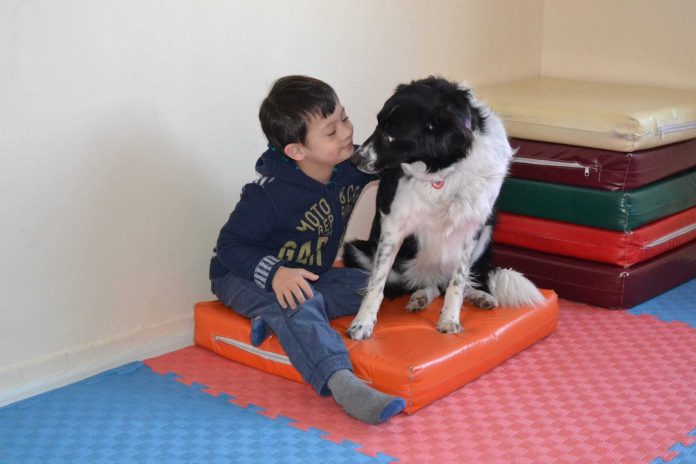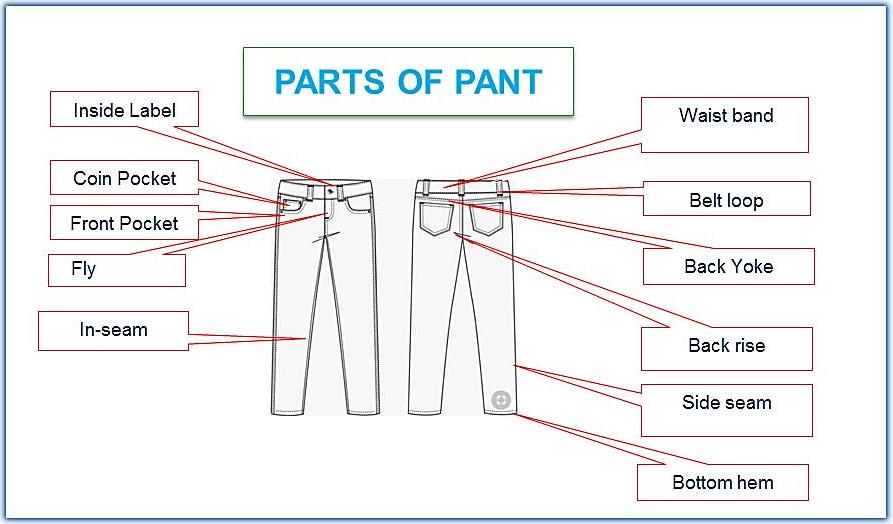Down Syndrome and Man’s Best Friend. Dogs have been man’s best friend for centuries now, so much so that they are being used as service dogs for people with Down Syndrome. While the use of service dogs for those with vision impairments is common, training dogs to help those with Down Syndrome is relatively new.
There are thousands of unscrupulous trainers awaiting the next opportunity to cause harm and people are choosing a dog as their guide through life. Activists and rescuers around the world are fighting these scammers and focusing on healthy breeds instead of diseased ones.
Life with Down Syndrome
Table of Contents
Children with Down Syndrome can face many challenges in their life from having developmental and intellectual disabilities to health problems. Some of these challenges include congenital heart disease, impaired vision, hearing loss, reduced hormone levels and poor muscle tone. With their difficulties, one of the greatest gifts for a child with Down Syndrome is a loyal companion such as a dog.
Children with Down Syndrome can face many challenges, including developmental and intellectual disabilities, as well as some medical problems. They may have some degree of hearing loss, as well as some symptoms of a weak immune system. Some children develop muscle tone problems, which can prevent them from sitting up, rolling over, walking or crawling. Challenging sleep patterns are also a common problem among children with Down Syndrome.
Benefits of service dogs
Service dogs have a special legal status and should be able to accompany their owner everywhere throughout their daily life. They should be allowed in restaurants, in shops, on aeroplanes and in any other public place where dogs are not normally allowed. Anyone who refuses a service dog access may be breaking the law.
With the proper training, service dogs can make a significant contribution to the quality of a person’s life. There are three different types of assistance dogs: emotional support, service, or therapy animals. Each type is trained to best meet its owner’s needs.
The Association for Service Dogs describes a service dog as one who performs tasks their owner would not be able to complete without that assistance due to their disability, while an emotional support dog is trained to help his or her owner maintain health and wellness.
Therapy animals work with people who are living with disabilities instead of being owned by them or providing services – rather they work with their owners and improve their health on at least a daily basis. Dogs that assist people with Down Syndrome are equipped in two ways: Assistance and Emotional Support. So, it crosses over into both categories, which makes them all-round helpful trainable machines who deserve the utmost compassion among all dog lovers everywhere!
Training a service dog
Before a dog is trained to be a service dog, their training should focus on developing the dog’s temperament. Here at Assistance Dogs UK we provide a training course which does just this. We are accredited by the International Guide Dogs Federation and Assistance Dogs International which means our dogs know what it means to work hard for an individual.
Our training program has been shown to greatly improve quality of life for its owner, develop the dog’s social skills, teach them how to properly behave in public and give them independence they never had before. Not only do they help their owners, but they have a safe and reliable temperament and make it possible for people with disabilities to live more independent lives.
The majority of dogs being used as service dogs are either Labrador retrievers or golden retrievers, but any breed can be used so long as they pass through Assistance Dogs UK’s rigorous training standard. In order for responsible trainers such as those at Assistance Dogs UK to find these loving pets some don’t even enter shelters until after 10 years of harsh conditions of living that can make it very difficult when finding suitable candidates.
Effects on the family
Having a service dog can enhance the quality of life for their owners, as well as friends and families that might otherwise be impoverished. Service dogs are trained in obedience and other tasks such as calmness to prevent instances of wandering off or being distracted. An astonishing 70% of children with Down syndrome experience low levels of anxiety which gets more than twice as high around the holidays.
In many cases, service dogs just don’t make it under eight weeks old when they first meet their family members and friends. As a result, they’re also trained extensively in resistance against distractions, such as running off. For children with sensory impairments, this doesn’t often stop stress around noises that could otherwise cause anxiety or distraction while on an outing is recommended only when supervised by an adult parent or guardian.
While a service dog can give a child great confidence through positive reinforcement even before the child knows what to do with them on their own, there still exists attentional learning that occurs over time between the child’s mental state and the animal’s behavior.
Getting a service dog
In the UK, there’s a long waiting list to get a service dog. In some cases, people are required to come forward and help train the dogs due to high demand. The charities involved in the scheme get donations from companies in order to help offset the cost of that aspect of the program.
Charity fundraising is always welcome in any amount – you don’t have to be rich! Working dogs are also always appreciated by these organizations, so consider sponsoring one today if you’re so inclined.
Unfortunately, despite high demand for service dogs, it’s not easy to adopt one. The Canine Partners organisation indicates that there is a long wait list to adopt an available service dog in the UK. Individuals are prioritized by their needs, and more people are required to come forward to help train the dogs.
There are difficulties with getting a service dog, and they can’t get government funding so they require corporate assistance in order to fund their endeavor. Children with Down Syndrome can experience sleep problems and Kinderkey offers a variety of safe sleep solutions for all ages.







